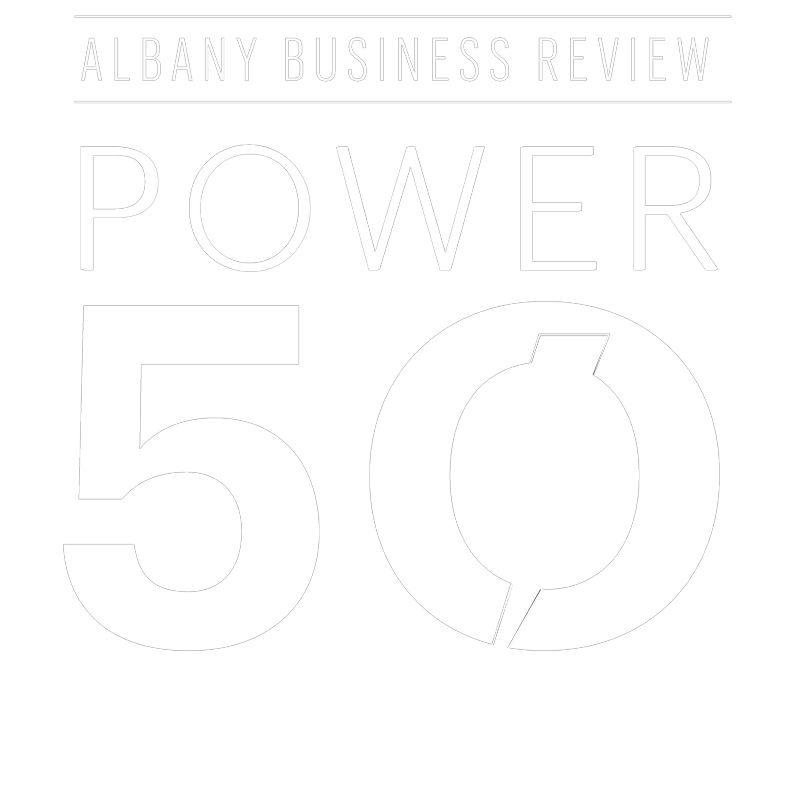Developing a career plan is “a useful tool in moving on to bigger and better career achievements”. Here’s how to make yours.
Determine Your Career Goals
What are your overall goals for your career? What does your future look like? What is it that you want to accomplish? Are you looking to begin at an entry-level position and work your way up? Are you wanting to start your own business? What skills do you possess? Where is your starting point? Ask yourself these questions, and assess your starting point, so you can develop an action plan to get to where you want to go.
Use the SMART Goals Guide
Once that’s established, use the SMART goal method. “A SMART goal is a carefully planned, clear, and trackable objective.” SMART is an acronym that stands for Specific, Measurable, Achievable/Attainable, Relevant, and Time-bound. This helps you categorize and plan your goals into attainable “bite-sized” tasks. Getting as specific as possible with your career plan, ensuring that the goal can be measured, asking how you can track your progress, is it days, weeks, milestones? Determining whether it is a goal that can be achieved and that they are relevant to the overall goal, or your purpose. And set a time! What is the time you are looking to achieve these goals? Doing so can help you stay on track, motivated, and productive. Once you have established your SMART goals, create a plan to reach them.
Establish Possible Roadblocks
Having barriers and setbacks in reaching your goals is inevitable throughout your career. One of the best ways to deal with it? Think ahead of what barriers/setbacks that you may face. What are some “what if’s”? What if I want to switch companies eventually? What if the company I do decide to work for and enjoy, has no upward growth? What if I get passed up on a promotion that was well deserved more than once? What if I start a job and decide I don’t like that industry, company, etc? Jot down setbacks or barriers that may occur, and then troubleshoot how you’re going to overcome them. Once you know how to solve it, you’ll be more encouraged to pursue your goals.
Assess Your Progress and Establish Targets
Lastly, determine how you’re going to track your progress. Throughout your career plan, revisit it from time to time. Identify what you can improve on and what you should continue doing. The plan will never go as anticipated, and will have to be adjusted as you go – let it!
LATEST READS FROM WALRATH RECRUITING:
- When It’s Important to be Honest in the Workplace
- The Difference Between a Resume Objective and Summary (And How to Use Them)
- Tips for Boosting Your Mental Health



